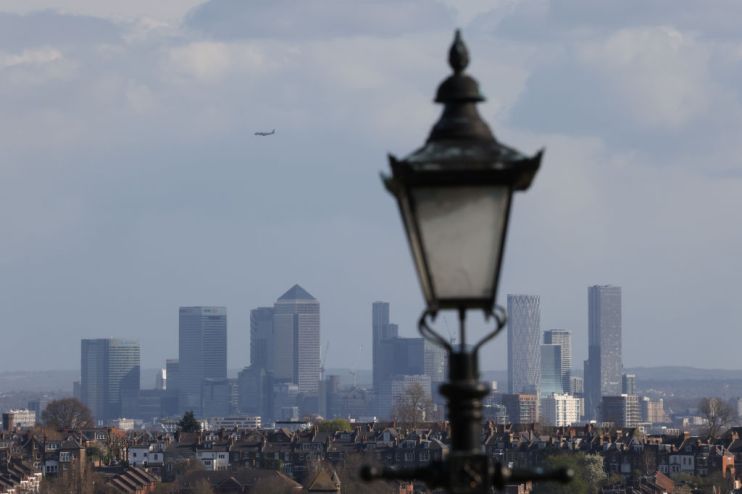Revealed: As bills rise for millions of Brits, this is how much profit energy suppliers make.

Energy bosses were hauled in front of ministers last week amid nightmare predictions that the average household bill might climb to £5,000 from April after a winter of soaring heating prices.
Energy companies have been calling for immediate help for customers.
The price cap on bills prevents the firms from taking excess profits from the gas and electricity they sell to households.
The companies are currently allowed to make earnings before interest and tax (Ebit) of just £35 per household.
But they are allowed to pass on the massive rises in wholesale energy prices to customers. This is why prices are rising.
So who are the biggest energy suppliers in the UK that have been meeting with ministers and how much profit do they make?
British Gas
British Gas is the biggest energy supplier in the UK with millions of customers on its books.
Operating profit fell by 43 per cent at British Gas in the first six months of 2022, hitting £98m during the period. That is £6 per customer after tax.
However its owner Centrica did considerably better. Although the company has been slowly getting out of the fossil fuel business – it used to produce lots from the North Sea – it still has some residual oil and gas production.
Adjusted operating profit reached £1.3 billion, up from just £262m a year earlier as the company benefited from selling fossil fuels at higher prices on the wholesale market.
Centrica will be forced to pay a windfall tax on the profits it gets from the North Sea part of the business.
EDF Energy
EDF Energy is owned by France’s state-backed energy provider EDF.
The company made earnings before interest, tax, depreciation and amortisation (Ebitda) of £720m in the UK in the first six months of this year.
It was a rise of more than 200 per cent compared to the £226m in the same period a year ago.
Most of this was because EDF produced more electricity from its nuclear plants in the country. It was partly helped by higher prices of the energy it sold to businesses, but was weighed on by the sale of energy to households.
E.on
E.on UK is owned by a German parent company with the same name.
In the first six months of the year the business made adjusted earnings before interest and tax (Ebit) of £245m in the UK, up 77 per cent on the year before.
Octopus Energy
Octopus Energy is a privately-owned energy company, so only releases its results annually.
The company’s last set of numbers shows it managed to halve operating losses from £63m to £31m in the year ending April 30, 2021. It took a £150m hit to help customers through the energy crisis.
ScottishPower
ScottishPower is owned by Spanish energy giant Iberdrola.
In the first six months of 2022 the business made an Ebitda of £924.6m – a rise of 2.6 per cent.
Most of that was thanks to a jump in the money its wind turbines and other renewable generation made from selling electricity.
The company’s retail business, which sells energy to customers, made £54.3m in Ebitda over the period, a reduction of 60 per cent.
Others
Ministers also met last week with representatives from RWE, the German energy giant, Drax, which produces power from burning wood pellets and gas, Greencoat Capital, a renewable energy investor, Intergen, which burns gas to make electricity, Germany’s Uniper, National Grid, power generator SSE, Dutch energy firm Vitol, Denmark’s Orsted, and trade body Energy UK.